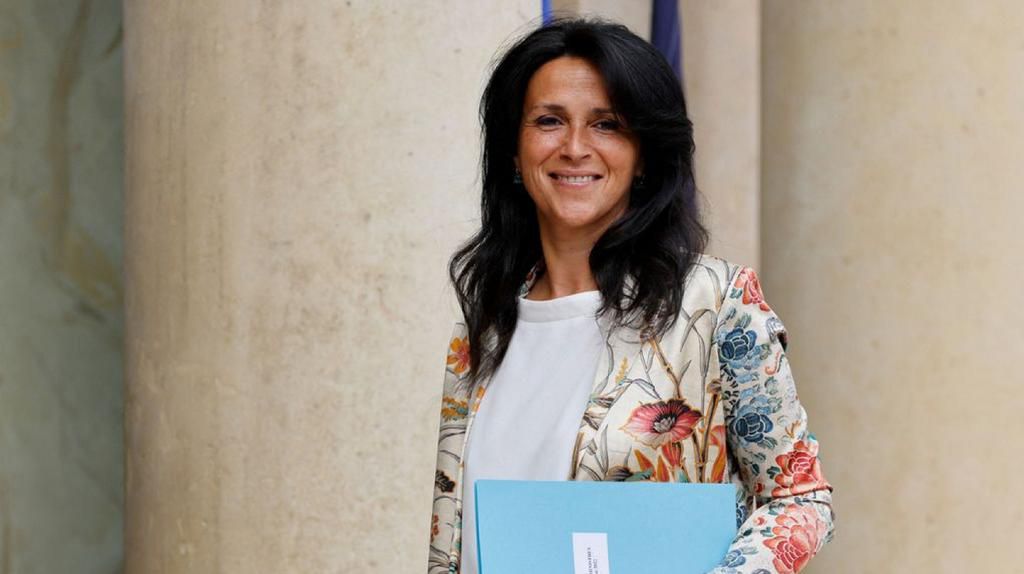Ghanaians should respect the human rights of LGBTQ+ persons — French gov't
)
Speaking on the anti-LGBTQ+ bill currently before Parliament, Zacharopoulou said his country France, and the European Union promote human rights therefore the rights of LGBTQ+ persons must be promoted.
Addressing the press in Accra, she said "Regarding the LGBT community, in my country and the European Union, we promote human rights and of course, in my ministry, we have an ambassador who promotes LGBT rights.
"So what I can say is that this is our value and wherever I go in Africa, I will continue to say we have to respect all of us, the LGBT community is a question of human rights."

In August 2021, a bill was introduced in parliament to further restrict the rights of LGBT+ people.
It includes criminalizing the defense of LGBT+ rights, a duty to report "suspects", the promotion of conversion therapy, and the imposition of harsher prison sentences for homosexuality.
The anti-LGBTQ bill, titled, "The Promotion of Proper Human Sexual Rights and Ghanaian Family Values Bill 2021", was submitted to Parliament in June 2021.
The submission of the bill to Parliament elicited a major public debate over its appropriateness.
If the bill is passed by parliament, President Nana Addo Dankwa Akufo-Addo could either sign it into law or veto it.
)
)
)
)
)
)
)
)
)
)
)
)
)
)
)